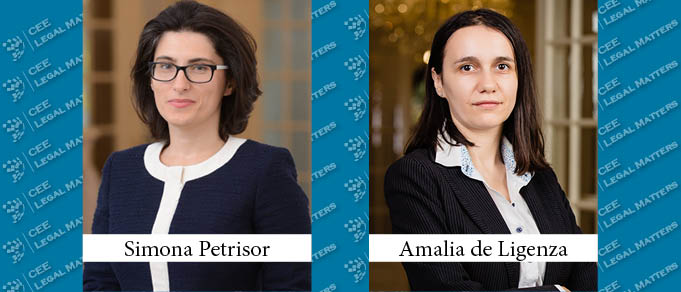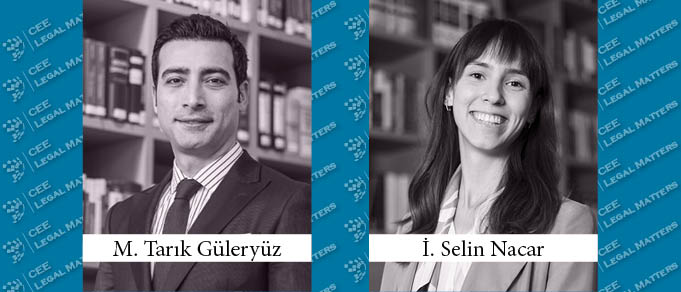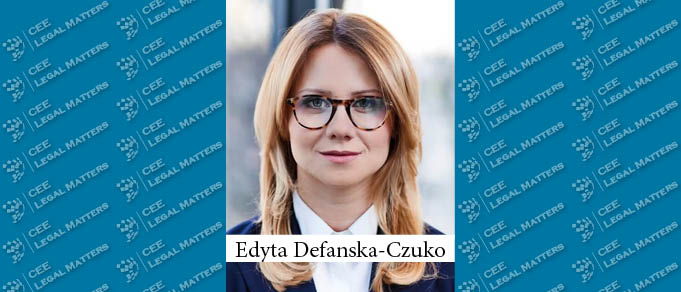To mint NFT art, you need to have enough cryptocurrency in your wallet (and even more to buy it). A successful NFT artist could then also pay his or her studio assistants in cryptocurrency from the proceeds of the sales. Cryptocurrency therefore plays an obvious part in a blockchain-based business. But is this also true from an employment law perspective? Can or should remuneration be paid in a cryptocurrency? Let's take a closer look at this question by examining the interface between the crypto world and the physical world from an Austrian employment law perspective.
EU Taxonomy and ESG Requirements – “How Good Is Good Enough” and Are We There Yet?
The first part of July 2021 marks an important step at the level of the EU in its road towards the European Green Deal objectives. On July 14, 2021, the European Commission (EC) announced the rather complex set of reforms under the Fit for 55 package. Only a week before, the EC issued the Renewed Sustainable Finance Strategy setting forth the main steps going forward towards placing ESG-disclosures and sustainability matters at the heart of financing system and economy in the EU.
Amendment in Administrative Procedural Law: Administrations Term of Response is Shortened
With entry into force of the "Law on the Amendment of the Code of Criminal Procedure and Some Other Codes" ["Amendment Law"] published in the Official Gazette dated July 14, 2021, the terms in the Administrative Procedural Law No. 2577 [“APL”] regulating the silence of the administration against the applications filed are shortened by half. In addition, some crucial changes were introduced to the Turkish Penal Code No. 5237 ["TPC"] and the Criminal Procedural Law No. 5271.
Austria: Supreme Administrative Court Once Again Favours Environmental Organisations
The Supreme Administrative Court is gradually granting more rights to environmental organisations (EOs) in nature conservation procedures. Following a December 2020 ruling of the Supreme Administrative Court regarding the party status of EOs (for further details please see "New ruling expands environmental organisations' rights in nature conservation procedures"), the Supreme Administrative Court remains on course with its pro-EO case law. In recent months, the court has issued several more interesting rulings that seem to strengthen EOs' position in nature conservation proceedings.
Application for Determining of Fee for Protection and Improvement of the Environment for 2021
The fee for 2021 is determined by the decision of competent authority on basis of applications of payers that are obliged to submit them no later than 31 July 2021.






























